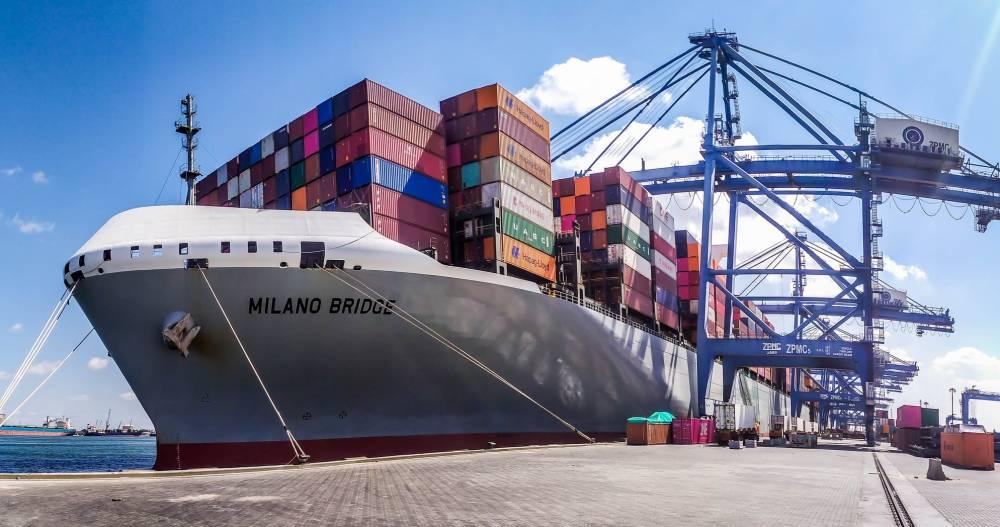The Portuguese government, led by Prime Minister Luís Montenegro, has issued a statement expressing that they have no intention of creating a specific process or program aimed at repairing the country’s former colonies. This position contradicts statements made by President Marcelo Rebelo de Sousa, who has advocated for forms of compensation for former colonies. However, the government emphasized that they will follow the previous governments’ approach of cooperation with previously colonized states but rejected any reparations projects.
President Rebelo de Sousa’s remarks suggesting that Portugal should lead the process of reparation were criticized by the right-wing Chega party, led by André Ventura. The party threatened to present a motion of censure against the Montenegro government if they proceeded with any compensation project, expressing pride in Portugal’s history and condemning the idea of reparations. Chega stated on social media that they are proud of Portugal’s history and will not apologize for their ancestors’ actions, calling Rebelo’s statements a betrayal of the homeland and the Portuguese people.
The left-wing parties in the Portuguese Parliament are expected to introduce proposals on the topic of reparations in the coming days, sparking further discussion on the issue. While some may view reparations as necessary to address past wrongdoings, others argue that it is not appropriate to burden current generations with historical debts. As such, it remains to be seen how this issue will unfold in Portugal and what impact it may have on its relations with former colonies.
In recent years, there has been growing debate over whether European countries should take responsibility for their colonial past and make amends for any harm caused to indigenous populations. While some argue that reparations are necessary to address historical injustices, others worry about potential negative consequences such as opening up old wounds and creating division within societies.
Despite these challenges, many countries have taken steps towards reconciliation and healing processes with their former colonies. For example, Germany has recognized its role in perpetrating genocide during World War II and has made efforts to compensate victims and their families through programs such as restitution payments.
Similarly, Portugal has had its own reckoning with its colonial past in recent years. In 2011, Prime Minister José Sócrates announced plans to return control over Macau to China after more than 400 years under Portuguese rule.
As this debate continues globally, it remains important for nations to confront their past mistakes and work towards healing processes with those who have suffered from them.









+ There are no comments
Add yours